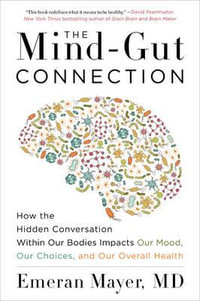This book examines women's behavioral health (defined as alcohol, drug use, and mental health) problems from a population or public health perspective. It provides the current state of knowledge for women's behavioral health and examines the need for behavioral health services and implications for policy. It also reviews major issues in the organization, financing, and provision of women's behavioral health services.
Global and national studies show that women are nearly twice as likely as men to have selected mental disorders. There also has been increasing attention to the social, behavioral, institutional, and economic determinants of health that result in service inequities for women in the United States compared to women in other countries. This textbook highlights mental and substance use disorders of particular concern to women, emphasizes services research issues in women's behavioral health, incorporates the social determinants of health, and provides a discussion of these critical issues from an interprofessional and interdisciplinary public health perspective. It also presents an overview of the epidemiology of mental and substance use disorders across the lifespan of women and service delivery issues from a population and system-level perspective.
Applied services research chapters comprise the book's 14 chapter contributions that are organized into three parts:
- Part I. Framing Women's Behavioral Health;
- Part II. Selected At-Risk Populations; and
- Part III. Services Delivery issues.
Women's Behavioral Health: A Public Health Perspective is a textbook for advanced undergraduate and graduate students in many academic disciplines, including the social and behavioral sciences, public health, women's studies, medical anthropology, and medical sociology. It also is useful for postdoctoral students in public health, population health, and the health professions. This volume can serve as a reference book for academicians and researchers in community and social psychology, community health, community nursing, community and preventive medicine, and public health; practitioners and policymakers at various levels of government; and behavioral health professionals at mental health and substance use programs in various national and global healthcare organizations.
























